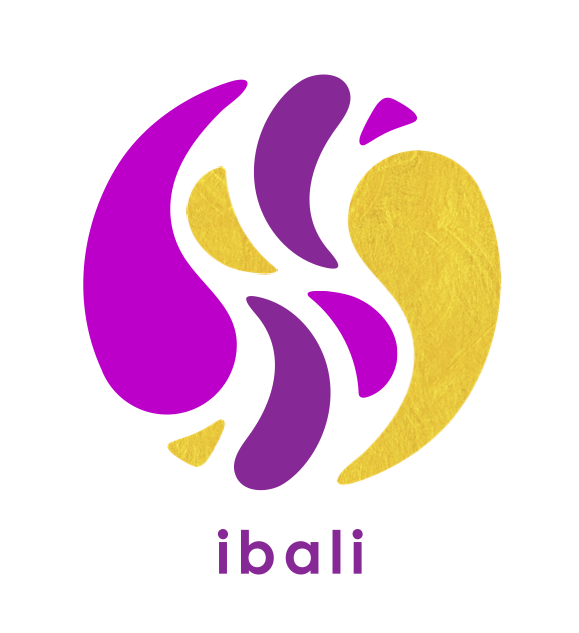Welcome to the Ibali Knowledge Hub!
Ibali is a research collective which aims to promote and support the use of story in research and learning. Our members come from all over the world, and share an interest in creative, story-focused approaches. We have worked on various projects and activities that centre and explore the use of story.
The Ibali Knowledge Hub is a legacy of our recent AHRC-funded strand of work and aims to be a platform for showcasing story in research. Its outputs celebrate the potential of story, but adopt a critical, reflective stance on how storytelling can be used to facilitate richer and more inclusive ways of co-learning in research.
We invite you to explore our Knowledge Hub! We also welcome proposals for new outputs: if you have an idea for a submission, please email Alison Buckler.
.jpg)
